Is the assassination of Vladimir Putin the answer to ending the war in Ukraine? A collection of émigré Russians who have declared themselves the “Congress of People’s Deputies” and a Russian parliament in opposition have called for the West not only to support them in a campaign to overthrow Vladimir Putin, but actively to play a role. This would be a serious mistake.
At a recent gathering in Warsaw, these émigrés, all of whom at some point or another had previously been elected as parliamentarians in Russia, agreed their “victory plan,” a seven-point program, due to be presented during Nato’s forthcoming Washington summit. Their fundamental view is that the war in Ukraine can only be ended by topping Putin’s regime, and that means not just tighter sanctions and more weapons for Kyiv — though they want those too — but also direct violence. This would include the assassination of figures within his government, even if they cannot get at the man himself. Indeed, as far as they are concerned, it is “no longer an option but simply a duty” of the West to help it carry out such murders in the name of generating “revolutionary action” inside Russia.
This “congress” claims to have 102 members, some of whom are currently serving Russian parliamentarians participating anonymously for their own security. Its leading light is Ilya Ponomarev, a former Russian MP who took sanctuary in Kyiv in 2016 after being charged with embezzlement. He has become notorious for his connection to the Freedom of Russia Legion, a force recruited from Russians opposed to Putin responsible for a series of small cross-border incursions into Russia, as well as the National Republican Army (NRA).
The latter purports to be a force of partisans operating inside Russia and has claimed to have been behind the assassinations of a virulent pro-war blogger, Vladlen Tatarsky, as well as Daria Dugina, the daughter of nationalist philosopher Alexander Dugin over the past two years. The Russians claim, though, that the NRA is essentially a front for HUR, Ukrainian military intelligence. Many Western governments, for that matter, also regard it and the Freedom of Russia Legion as essentially controlled by HUR.
Of course, this “congress” has no legal standing or any evidence of a constituency back in Russia. Indeed, Ponomaryov, who in January told the Moscow Times that he saw himself as “the mastermind behind the political transition” he was trying to spark in Russia, openly admits that he is not representing the consensus of the Russian people. Asked whether they would have a choice in this revolution, he replied in appropriately Leninist manner: “Absolutely not.”
In this context, it would be very easy to dismiss this “victory plan” as nothing more than the vaporings of disgruntled émigrés playing fantasy politics from the safety of the West. However, the problem is that as the bloody war continues, and as it is clear that Putin’s notion of “peace” is Ukrainian capitulation, there is a growing desperation in some quarters to hit on a tactic that might change the status quo. It may sometimes seem like a small step from concluding that this war, or at least the fundamental confrontation with the West and refusal to accept Ukraine’s sovereignty at its heart, cannot end while Putin is still in the Kremlin, to thinking that killing the old autocrat would be a shortcut to peace.
The trouble is, apart from any considerations of international legality — remember, we are meant to be the good guys, and “well, they do it” is no defense — the manner of Putin’s departure matters enormously. There is considerable dissatisfaction with the war and Putin’s gerontocratic regime in the country, within the elite and amongst the soldiers and veterans. Were he to die next week, the odds are good that power would shift not to a fellow septuagenarian, but to the next political generation, who are best characterized as opportunist kleptocrats, willing to parrot Putin’s paranoid nationalist rhetoric today to remain in office, but more interested in the good life than any crusade against the West.
However, any campaign of Western-backed assassination, especially if it were able to penetrate the (frankly, formidable) protection around Putin himself, would likely trigger not some democratic revolution but an explosion of anger and outrage. It is, of course, an imperfect and clumsy parallel, but even if Rishi Sunak has, if I read The Spectator’s data hub right, a -55 approval rating, how would the British feel if a Russian gunman took him down? As it is, the Freedom of Russia Legion’s cross-border attacks appear rather to have angered locals rather than won them over — however much they are presented as a campaign of liberation.
There may be conditions in which the West’s policy may shift from “Putin must fail” to “Putin must fall” — use of nuclear weapons, for example, would likely tip the balance. However, for now, we ought to remember that our experiences from Iraq, Afghanistan and less overt campaigns suggest we are much better at arranging regime change than shaping and benefiting from what follows.
Besides, while the Kremlin does kill in the West, so far its targets have been confined to those it considers traitors, from defector Alexander Litvinenko in London in 2006, to Maxim Kuzminov, the helicopter pilot who surrendered himself to the Ukrainians last year and was gunned down in Spain in February. If we start killing Russian politicians and officials, or even seem to be supporting their assassination, do we honestly presume Moscow will not come after our own?
The irony is that even as some Western politicians do seem willing, even if largely behind closed doors, to indulge fantasies of stirring up coups or arming lone gunmen, they are still failing properly to capitalize on many of the opportunities the West does have. They could reach out to ordinary Russians and challenge Putin’s toxic and xenophobic narratives, encourage the flight of the best and the brightest and generally to do everything possible not only to undermine the current regime, but to ensure that what follows its inevitable end is not an angry and vengeful re-run.
This article was originally published on The Spectator’s UK website.



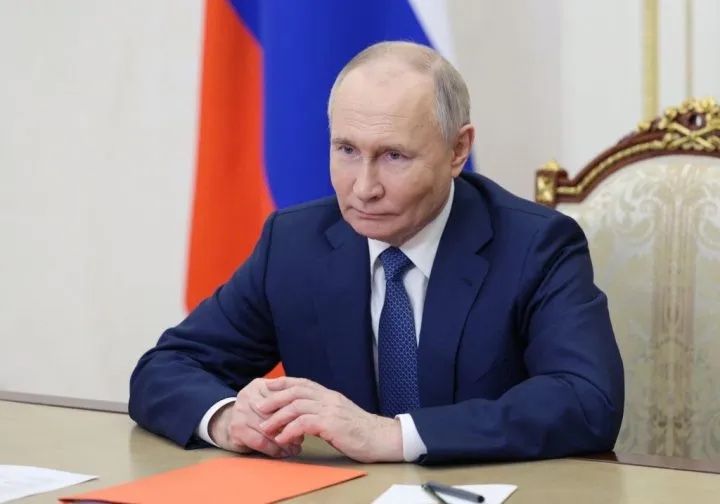







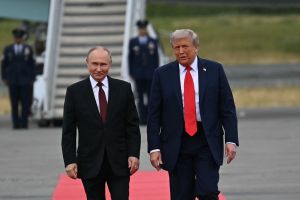
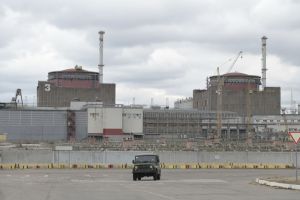

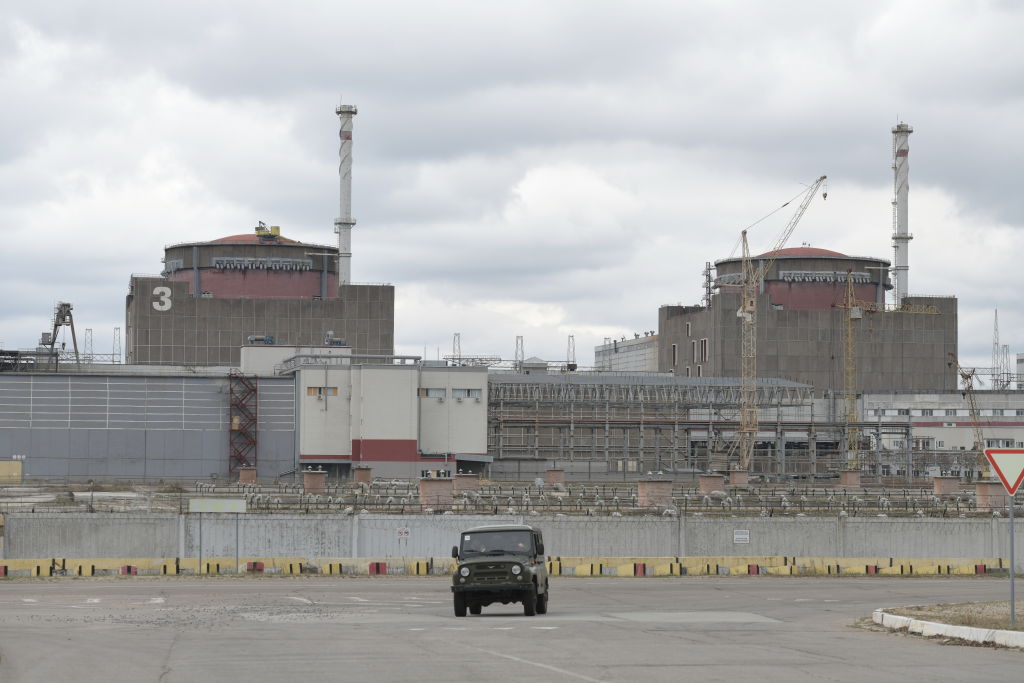
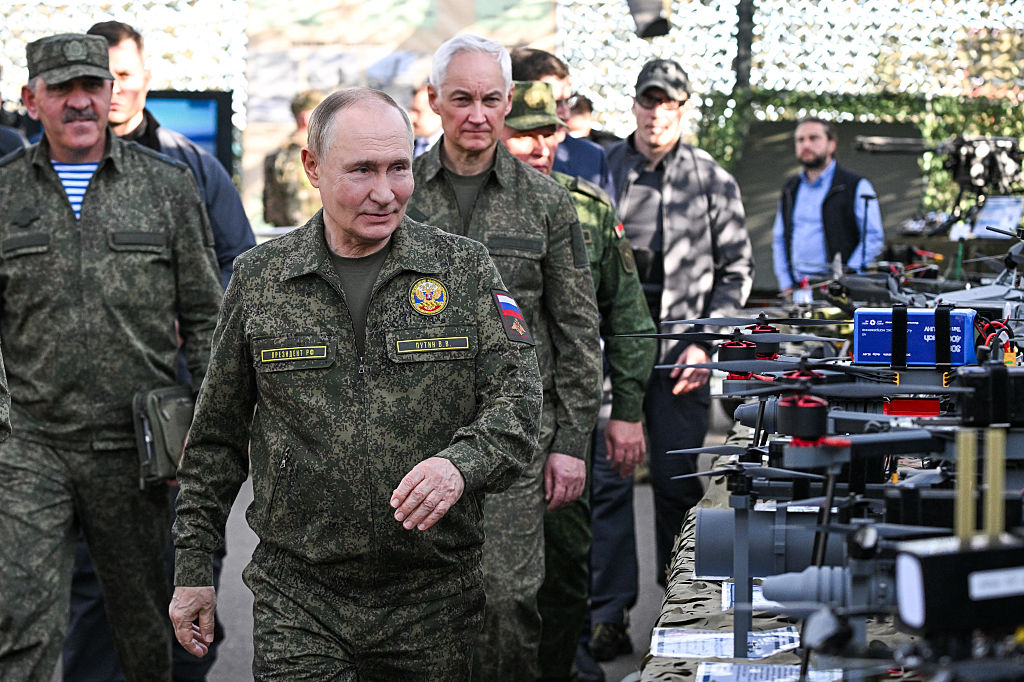










Leave a Reply